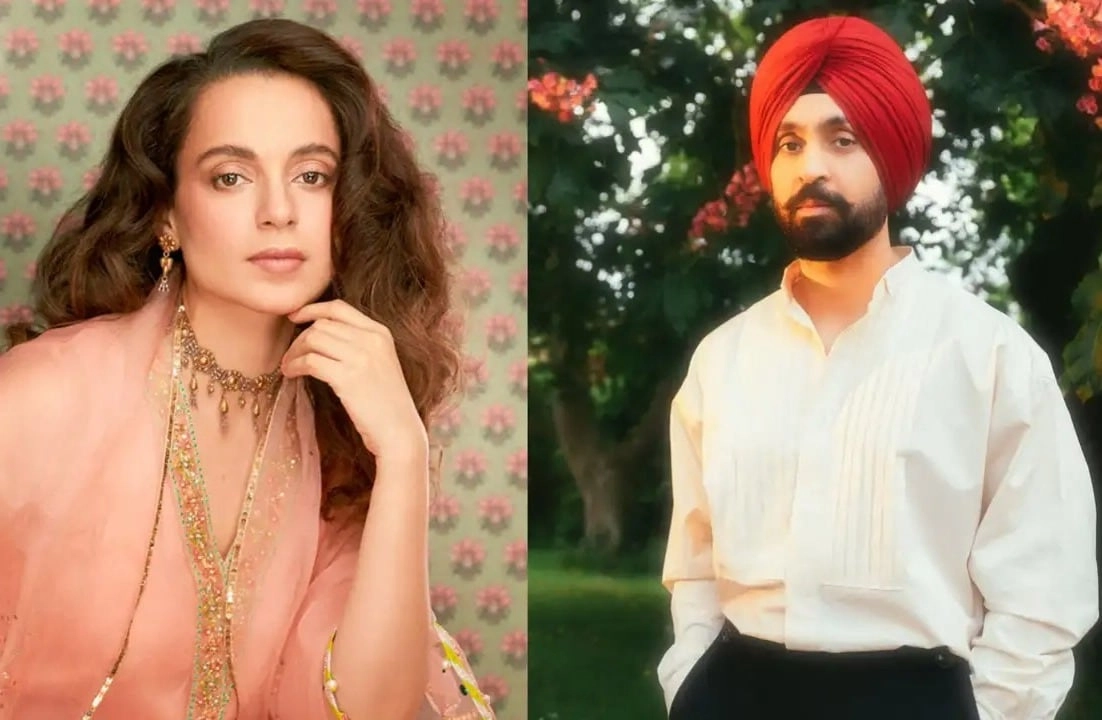In a recent turn of events, Bollywood actress Kangana Ranaut has openly criticized fellow actor Diljit Dosanjh for his collaboration with Pakistani actress Hania Aamir, especially in the context of the escalating tensions between India and Pakistan. Ranaut’s comments come at a time when the relationship between the two nations is particularly strained, drawing attention to the implications of cross-border collaborations in the entertainment industry. She expressed her concerns through social media, suggesting that Dosanjh’s decision to work with Aamir may be influenced by personal motives rather than a consideration of national sentiment.
Kangana emphasized that artists should be mindful of the political climate and the sentiments of their audiences. By working with a Pakistani actress during such a sensitive period, she insinuated that Dosanjh might have his own agenda that does not align with the patriotic feelings of many Indians. Her remarks have sparked a debate about the responsibilities of artists and public figures in navigating cultural and political divides. Many have rallied behind Ranaut, agreeing that the entertainment industry should reflect the prevailing sentiments of the society it serves.
This incident highlights the broader conversation about nationalism and artistic expression in India. While some argue that art should transcend borders, others believe that artists have a duty to prioritize the sentiments of their homeland, particularly in times of geopolitical strife. Ranaut’s stance has reignited discussions about the ethical considerations in the entertainment industry, particularly regarding cross-border collaborations. As tensions continue to rise, the reactions from the public and industry insiders could influence future projects and relationships between Indian and Pakistani artists, revealing the complex interplay between art, politics, and national identity.




